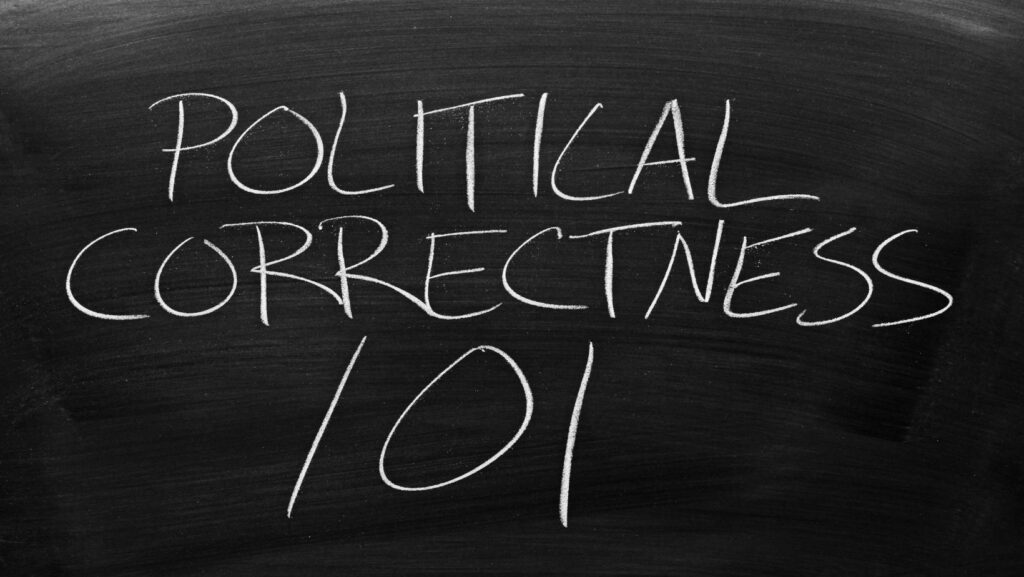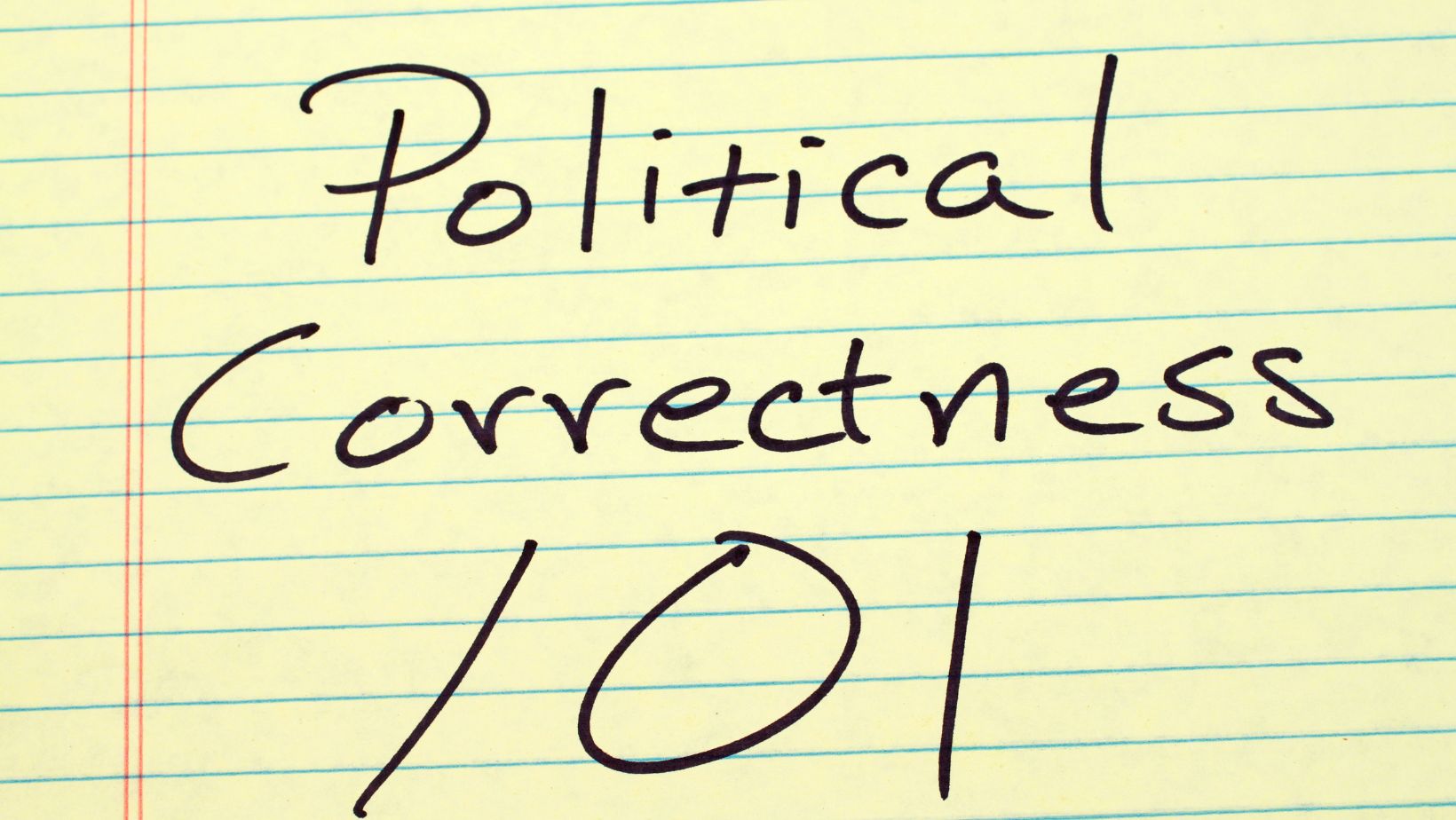Cultural Representation is Now a Trend in Video Games
The world of video games is vast and diverse. The way different cultures are depicted has often sparked both interest and controversy. Nowadays, it has become common to find game titles like the ones Mason slots login have in their library. They follow the industry trend. The growth of the gaming industry is encouraging inclusivity and cultural representation in the game plots. This tendency aims to do more than avoid stereotypes. It seeks to enrich player experiences and promote understanding through diversity.
Cultural accuracy in video games is essential for several reasons:
- It enhances the authenticity of the gaming experience.
- Players from different backgrounds feel represented
- Players can see their cultures and histories respected and reflected.
- Cultural sensitivity helps avoid the pitfalls of stereotypes and generalizations that can perpetuate misinformation and cause offense.
- This sensitivity encourages developers to engage deeply with the cultures.
- As a result, there is more meaningful and engaging content.
Examining Representation
Historically, video games often used clichéd and stereotypes, especially for non-Western cultures. Recently, though, there has been notable improvement. A key part of this progress involves using cultural consultants and historians in game development. They help ensure that the game accurately and respectfully represents various cultural elements. These elements include language, mythology, customs, and aesthetics.
Games Celebrating Cultural Diversity
Several successful games portray diverse cultures, showing the industry’s respect for cultural diversity:
- “Assassin’s Creed” Series by Ubisoft – This series is known for its cultural accuracy. Each game is set against a historically rich backdrop. Ubisoft uses historians and cultural experts to ensure accurate cultural portrayal in settings and characters. For example, “Assassin’s Creed: Origins” explores ancient Egyptian culture with detail that has been praised by both gamers and historians.
- “Never Alone” (Kisima Ingitchuna) – This game was made with the Iñupiat, an Alaska Native people. It is a great example of a game that combines cultural narrative with entertainment. It includes stories from Iñupiat elders and storytellers woven into the gameplay of a platforming adventure. It also acts as a cultural artifact.
- “Raji: An Ancient Epic” – Created by an Indian studio, this game draws on Hindu mythology. Players traverse a mythical landscape inspired by ancient Indian architecture and art. The game is known for its authentic depiction of Indian culture and mythology.
Challenges and Opportunities
Although there have been successes, achieving inclusive cultural representation is challenging. A big obstacle is the economic risk of moving away from successful formulas focusing on Western views. However, the global video game market is varied. And the demand for games that show this diversity is increasing.
Developers must balance cultural authenticity with the need to make engaging games that appeal worldwide. This balance demands a detailed understanding of artistic elements. These elements are crucial to the authenticity of the game’s setting and characters.
The Future of Cultural Representation in Gaming
The trend towards more culturally diverse gaming is expected to grow. Market demands and an eclectic, vocal gaming community are driving this change. Social media and player feedback are key in this shift. They offer a voice to those often overlooked in gaming.
Game developers and publishers are realizing that cultural diversity can broaden their audience and increase engagement. As the industry adopts these values, we anticipate more games that entertain and educate. These games will promote empathy among players from different backgrounds.
Representation of Different Cultures
Cultural representation in video games goes beyond a trend. It mirrors the changing global gaming community. As developers embrace and highlight cultural diversity, they enrich the gaming world. This change honors the depth and diversity of different cultures. It also introduces new storytelling possibilities in games. By promoting cultural accuracy and sensitivity, the gaming industry can help bridge cultural gaps. As a result, we will have a more inclusive society.




More Stories
Military Gift Ideas for Every Veteran or Active Duty Member
Beyond the Stars: Exploring Immersive Gameplay in Space-themed Slot Machines
Jukebox Jackpots: The Rise of Music-Themed Slot Machines